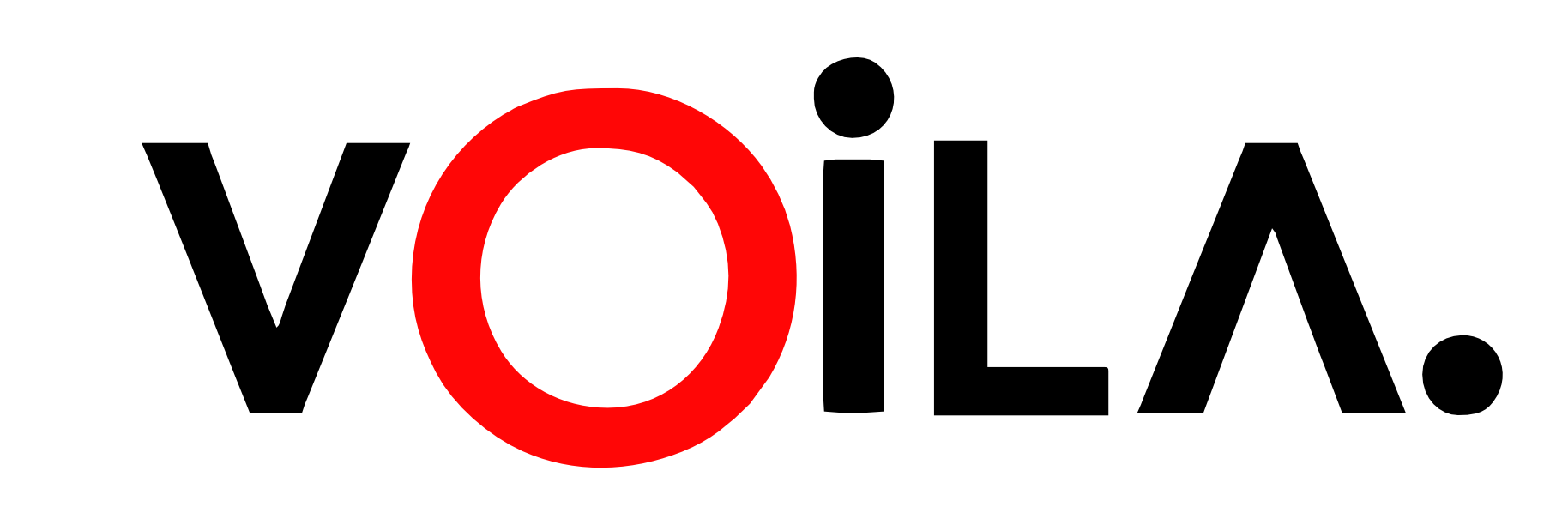ARTICLE AD BOX

Nigerian Shippers' Council logo
The Nigerian Shippers’ Council has announced that the Nigerian Port Economic Regulatory Agency Bill has been passed by the National Assembly and is currently awaiting presidential assent from President Bola Tinubu.
The Executive Secretary of the NSC, Dr Pius Akutah, stated this on Wednesday while declaring open the 2025 Operational Retreat for middle management staff of the council in Abeokuta, Ogun State.
Akutah explained that the passage of the bill into law will establish a strong, independent regulatory regime with enforceable legal powers, unlike the current law guiding the nation’s port economic regulator.
He said that the event was significant in the sense that it is coming on the eve of the transition from the NSC to the Nigerian Port Economic Regulatory Agency.
The ES stressed that the bill is a reflection of the current agency’s administration’s concerted efforts to create a more structured and efficient port regulatory system in Nigeria.
“You are all aware of the progress we are making on the bill that has been passed by the National Assembly, which is now before Mr. President for assent. The Nigerian Port Economic Regulatory Agency is a reflection of the current administration’s concerted efforts to create a more structured and efficient port regulatory system in Nigeria,” Akutah said.
According to him, President Tinubu is committed to not only dealing with regulatory issues in the sector but also looking at the blue economy in general.
“This agency, coming on board at this time, is to further strengthen our resolve and efforts towards regulating this sector to a more prosperous Nigeria,” he said.
He emphasised that the passage of the bill would establish a strong, independent regulatory regime with enforceable legal powers, unlike the current law, adding that some legal provisions even have to do with criminal prosecutions in the new law.
“On our part, we have continued to work seriously for the industry by reducing arbitrary charges, enhancing stakeholders’ engagement, and robust dispute resolutions. We have never stopped. Even as we have transitioned, we are still working very hard,” the ES stressed.
He highlighted that the transition, when fully operational, will be an evolutionary case study in Nigeria’s maritime and port regulatory framework.

 2 months ago
35
2 months ago
35








 English (US) ·
English (US) ·